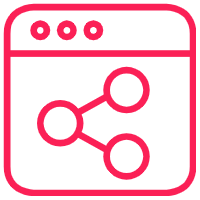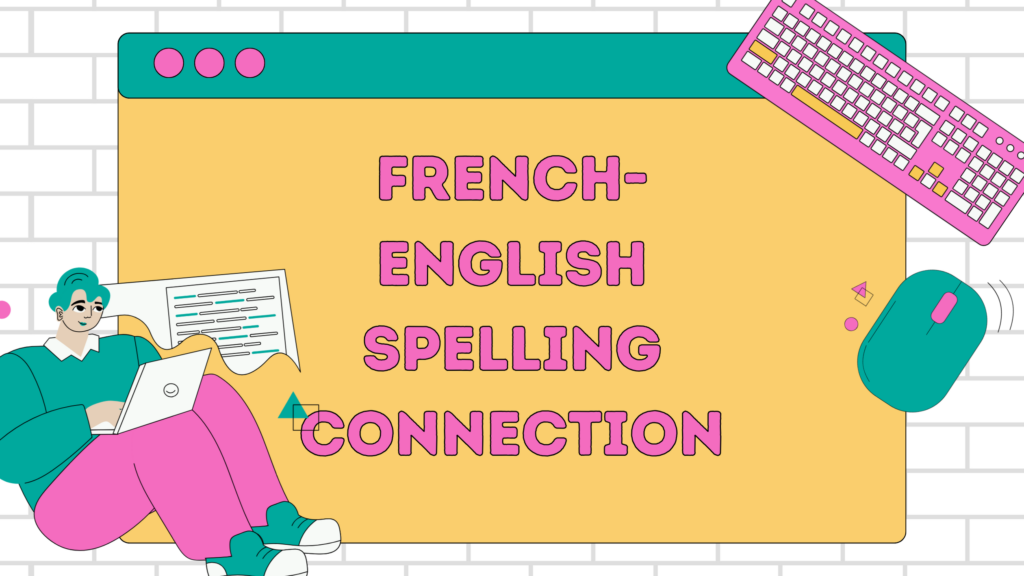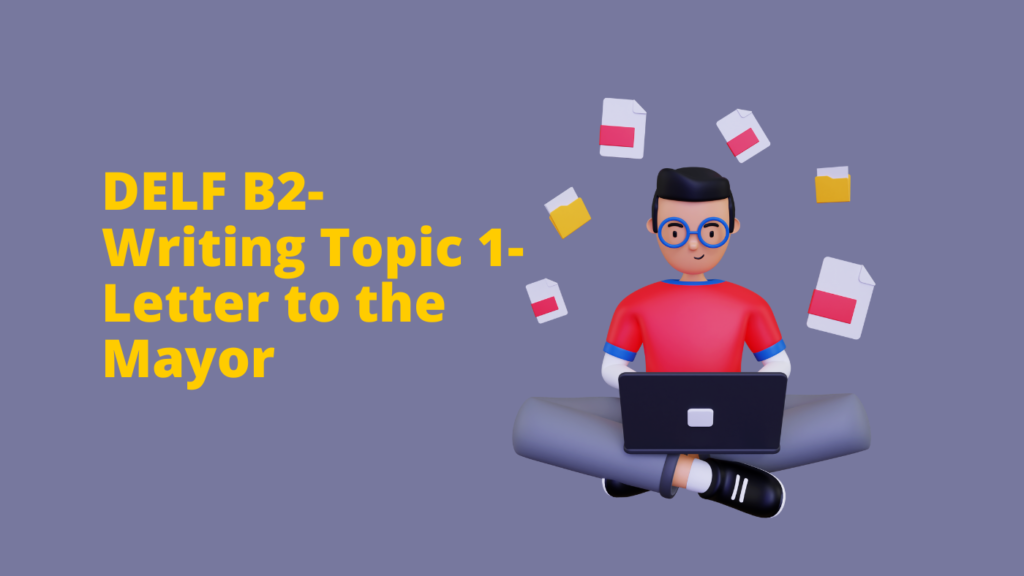Climate change is a global crisis that demands international collaboration and understanding. With France being a key player in climate negotiations, having a grasp of French vocabulary and phrases related to this issue is invaluable. Whether you’re an environmental enthusiast or just want to engage in meaningful conversations about the planet, In this blog post “The most essential French Vocabulary on Climate Change”, I have compiled 25 essential French words and phrases related to climate change, along with 20 phrases and idioms to help you navigate discussions on this pressing topic.
25 Essential French Vocabulary on Climate Change:
- Le Changement Climatique – Climate Change
- Le changement climatique est un défi mondial. (Climate change is a global challenge.)
- La Pollution de l’Air – Air Pollution
- La pollution de l’air affecte la santé humaine. (Air pollution affects human health.)
- Les Émissions de Gaz à Effet de Serre – Greenhouse Gas Emissions
- Réduire les émissions de gaz à effet de serre est essentiel. (Reducing greenhouse gas emissions is essential.)
- Le Réchauffement de la Planète – Global Warming
- Le réchauffement de la planète entraîne la fonte des glaciers. (Global warming leads to glacier melting.)
- L’Effet de Serre – Greenhouse Effect
- L’effet de serre retient la chaleur dans l’atmosphère. (The greenhouse effect traps heat in the atmosphere.)
- La Déforestation – Deforestation
- La déforestation contribue au changement climatique. (Deforestation contributes to climate change.)
- Les Énergies Renouvelables – Renewable Energy Sources
- Les énergies renouvelables sont cruciales pour un avenir durable. (Renewable energy sources are crucial for a sustainable future.)
- Le Niveau de la Mer – Sea Level
- Le niveau de la mer augmente en raison de la fonte des glaces. (Sea level is rising due to ice melting.)
- La Sécheresse – Drought
- Les sécheresses peuvent causer des pénuries alimentaires. (Droughts can lead to food shortages.)
- La Canicule – Heatwave
- La canicule de l’été dernier était intense. (Last summer’s heatwave was intense.)
- La Biodiversité – Biodiversity
- La biodiversité est essentielle pour un écosystème sain. (Biodiversity is crucial for a healthy ecosystem.)
- L’Érosion Côtière – Coastal Erosion
- L’érosion côtière menace les régions littorales. (Coastal erosion threatens coastal regions.)
- Le Recyclage – Recycling
- Le recyclage réduit la quantité de déchets. (Recycling reduces waste.)
Pro tip: Try to write a paragraph/sentences with the vocabulary for practice and read them out loud. Here’s some more:
- L’Énergie Solaire – Solar Energy
- L’énergie solaire est une source propre et renouvelable. (Solar energy is a clean and renewable source.)
- Les Inondations – Flooding
- Les inondations sont de plus en plus fréquentes en raison des pluies torrentielles. (Floods are becoming more frequent due to heavy rainfall.)
- L’Érosion – Erosion
- L’érosion des sols menace l’agriculture. (Soil erosion threatens agriculture.)
- Les Émissions de Carbone – Carbon Emissions
- Réduire les émissions de carbone est crucial pour le climat. (Reducing carbon emissions is crucial for the climate.)
- Le Gaz Methane – Methane Gas
- Le gaz méthane est un puissant gaz à effet de serre. (Methane gas is a potent greenhouse gas.)
- La Fonte des Glaces – Ice Melting
- La fonte des glaces arctiques affecte la faune marine. (Arctic ice melting affects marine life.)
- Le Trou dans la Couche d’Ozone – Ozone Layer Hole
- La réduction du trou dans la couche d’ozone est une réussite environnementale. (Reducing the ozone layer hole is an environmental success.)
- Les Énergies Fossiles – Fossil Fuels
- Les énergies fossiles sont responsables de la majeure partie des émissions de carbone. (Fossil fuels are responsible for the majority of carbon emissions.)
- L’Éco-responsabilité – Eco-Friendliness
- L’achat d’éco-responsable aide à protéger la planète. (Buying eco-friendly products helps protect the planet.)
- La Transition Énergétique – Energy Transition
- La transition énergétique vise à réduire notre dépendance aux combustibles fossiles. (Energy transition aims to reduce our dependence on fossil fuels.)
- Les Énergies Propres – Clean Energies
- Les énergies propres sont l’avenir de notre planète. (Clean energies are the future of our planet.)
- La Responsabilité Environnementale – Environmental Responsibility
- Chacun a une responsabilité environnementale envers la Terre. (Everyone has an environmental responsibility to the Earth.)
20 French Phrases and Idioms Related to Climate Change:
- Faire la pluie et le beau temps – To have a significant influence (literally: “To make the rain and the good weather”).
- Mettre de l’eau dans son vin – To compromise or make concessions (literally: “To put water in one’s wine”).
- Être dans le brouillard – To be confused or unaware (literally: “To be in the fog”).
- Avoir les pieds dans l’eau – To be flooded (literally: “To have one’s feet in the water”).
- C’est la goutte d’eau qui fait déborder le vase – That’s the last straw (literally: “It’s the drop of water that makes the vase overflow”).
- Tomber des cordes – To rain heavily (literally: “To fall ropes”).
- Avoir le vent en poupe – To be successful (literally: “To have the wind in one’s sails”).
- Mener quelqu’un en bateau – To deceive or mislead someone (literally: “To lead someone in a boat”).
- Passer du coq à l’âne – To change the subject abruptly (literally: “To go from the rooster to the donkey”).
- Être trempé jusqu’aux os – To be soaked through (literally: “To be soaked to the bones”).
Pro tip: Dont sweat it if you struggle to use them during conversations. slide them in when writing. It creates good impression! Ready for some more? Ok, allons-y!
- Prendre le vent de face – To face difficulties (literally: “To take the wind head-on”).
- Jeter de l’huile sur le feu – To worsen a situation (literally: “To throw oil on the fire”).
- Faire un froid de canard – To be extremely cold (literally: “To have duck’s cold”).
- Filer à l’anglaise – To leave quietly (literally: “To leave the English way” :D:D).
- Sous le soleil exactement – In the best possible conditions (literally: “Under the sun exactly”).
- À la belle étoile – Outdoors without a roof or shelter (literally: “Under the beautiful star”).
- Vivre au jour le jour – To live day by day (literally: “To live from day to day”).
- Jeter l’argent par les fenêtres – To waste money (literally: “To throw money out of the windows”).
- Être dans le vent – To be trendy or in fashion (literally: “To be in the wind”).
- Sous les pavés, la plage – Under the cobblestones, the beach (a slogan from the 1968 student protests, symbolizing hidden possibilities for change).
These phrases and idioms will not only help you engage in meaningful conversations about climate change in French but also add depth to your language skills. Understanding and discussing this critical issue is vital for a sustainable future, and doing so in French allows you to connect with a global community passionate about protecting our planet.
You can also have a look at how to polish your French conversation skills here!
My works
P.S. Are French verb conjugations nightmarishly hard for you? Or you are someone who like to learn them and practice to perfect your French? Regardless, I have written this book to help fellow learners own French conjugations like a boss!

Here I have:
- Curated a list of 100 most common French verbs with their English meanings
- 10 conjugation forms for each verb
- 200 exercises for you to practice the conjugations you will learn
- 100 beautiful French idioms to impress your crowd.
I really hope you find this book useful and use it whenever you have to quickly revise a bit of verb conjugations

A French Bullet Agenda to help you continue your passion of the language!
I have also created a bilingual bullet agenda to help you with your linguistic journey:). You will be able to jot down:
- Important events
- Monthly weekly objectives
- Practice gratitude
- Your thoughts and priorities
- And even practice French verb conjugations 🙂
Below is a glimpse of the journal interior. I really hope it helps you in your day-to-day life from both the language and personal perspectives! 🙂










